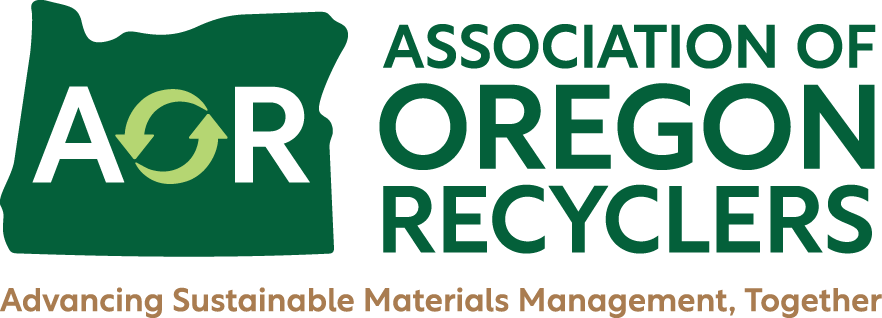Webinars
WEBINAR: Policy Now Webinar: What to Expect in 2023
Join Resource Recycling Managing Editor Dan Leif for a conversation with two recycling policy experts (Kate Bailey and Sydney Harris) about the fast-evolving recycling policy landscape.
WEBINAR: Ground Glass Pozzolans – A More Sustainable Solution for Recycled Glass & Concrete
Webinar: Extended Producer Responsibility for Packaging: Policy Options that Integrate Climate Mitigation
Extended Producer Responsibility (EPR) for packaging is increasingly being considered in various parts of the United States. But the focus is often limited to recycling systems, and recycling has limited potential to address the threats of climate change and plastic pollution. Policy could do more to engage producers in more meaningful and impactful solutions. This webinar introduces four emerging concepts that all aim to improve and expand upon existing policy proposals: funding prevention and reuse, prevention and reuse targets, impact evaluation and disclosure, and optimiz
Webinar: Strategies for Residential Food Waste Reduction & Composting
This NEWMOA webinar provides an opportunity to learn about reducing food waste at home, particularly in disadvantaged communities. This is a key strategy for keeping food out of the solid waste stream. If you would like to learn more about the problems with wasting food, opportunities to reduce and divert food waste to compost, and urban community composting, join us.
Presenters are:
WEBINAR: EPR Masterclass: Chemical Recycling
The term “chemical recycling” refers to a wide range of technologies that process recovered plastic products (including packaging) into new plastic, as well as energy and/or fuel. These technologies have become a lightning rod: Producers claim they leapfrog mechanical recycling by enabling infinite processing, while environmental groups allege that they undermine efforts to reduce plastic through upstream redesign and are simply another form of greenwashing.
WEBINAR: EPR Masterclass: Compostable Products
The Product Stewardship Institute (PSI) will gather a group of experts to discuss the opportunities and challenges of compostable plastics, including achieving clarity on definitions and labeling, addressing materials in packaging EPR laws, how EPR funding can be used to create new infrastructure for compostable plastics, and strategies for best managing these materials in a rapidly evolving industry.



